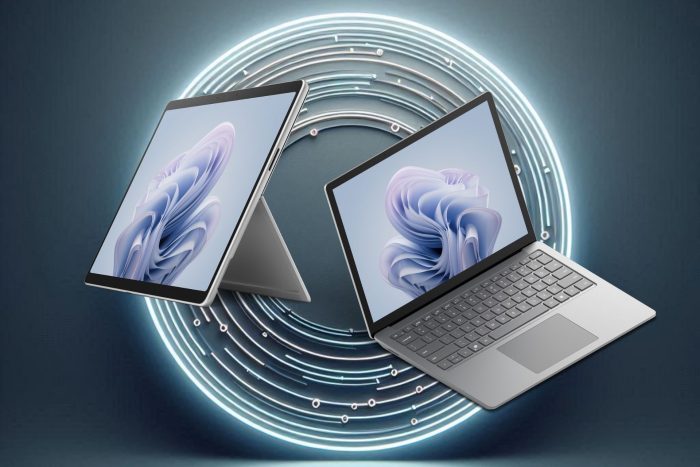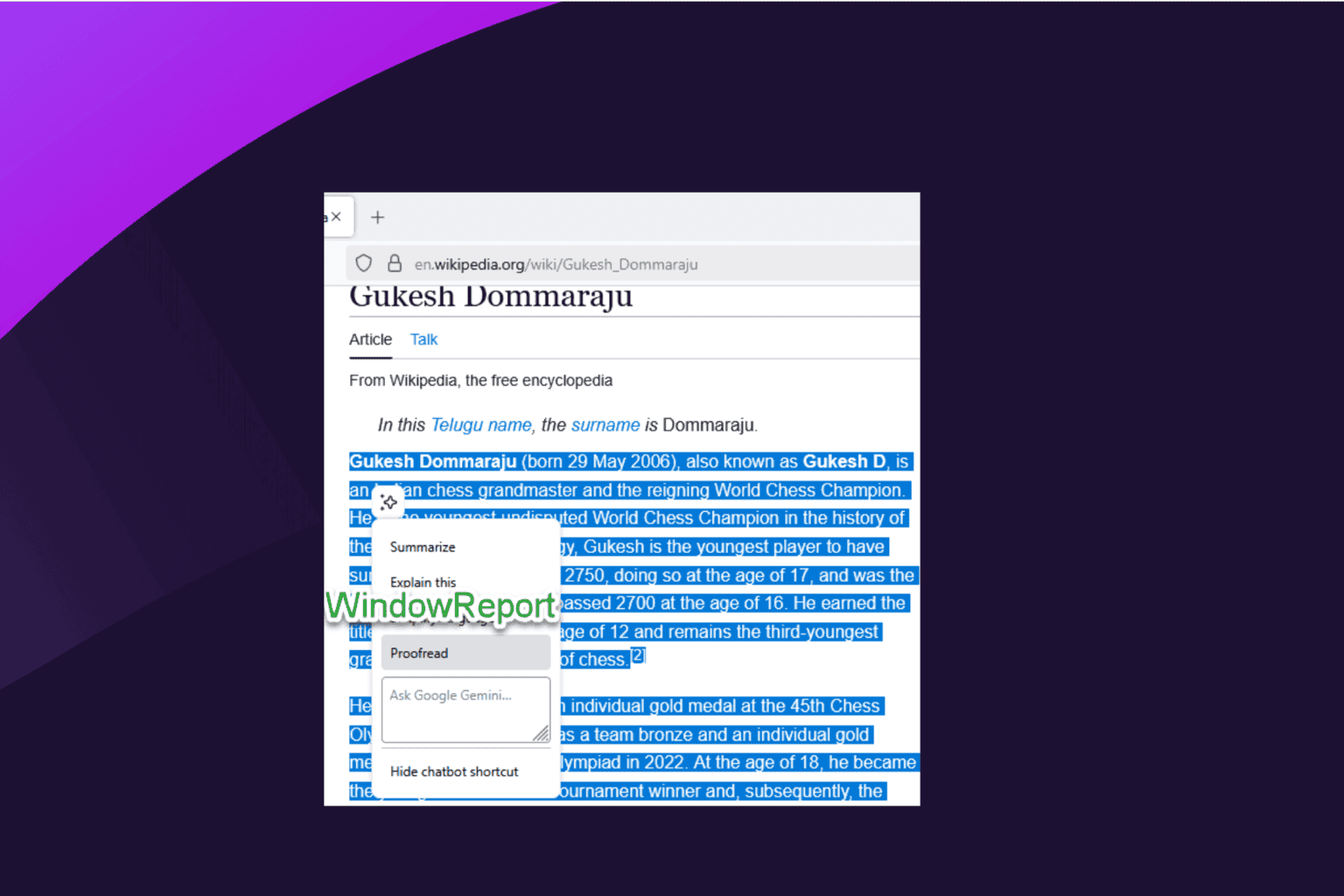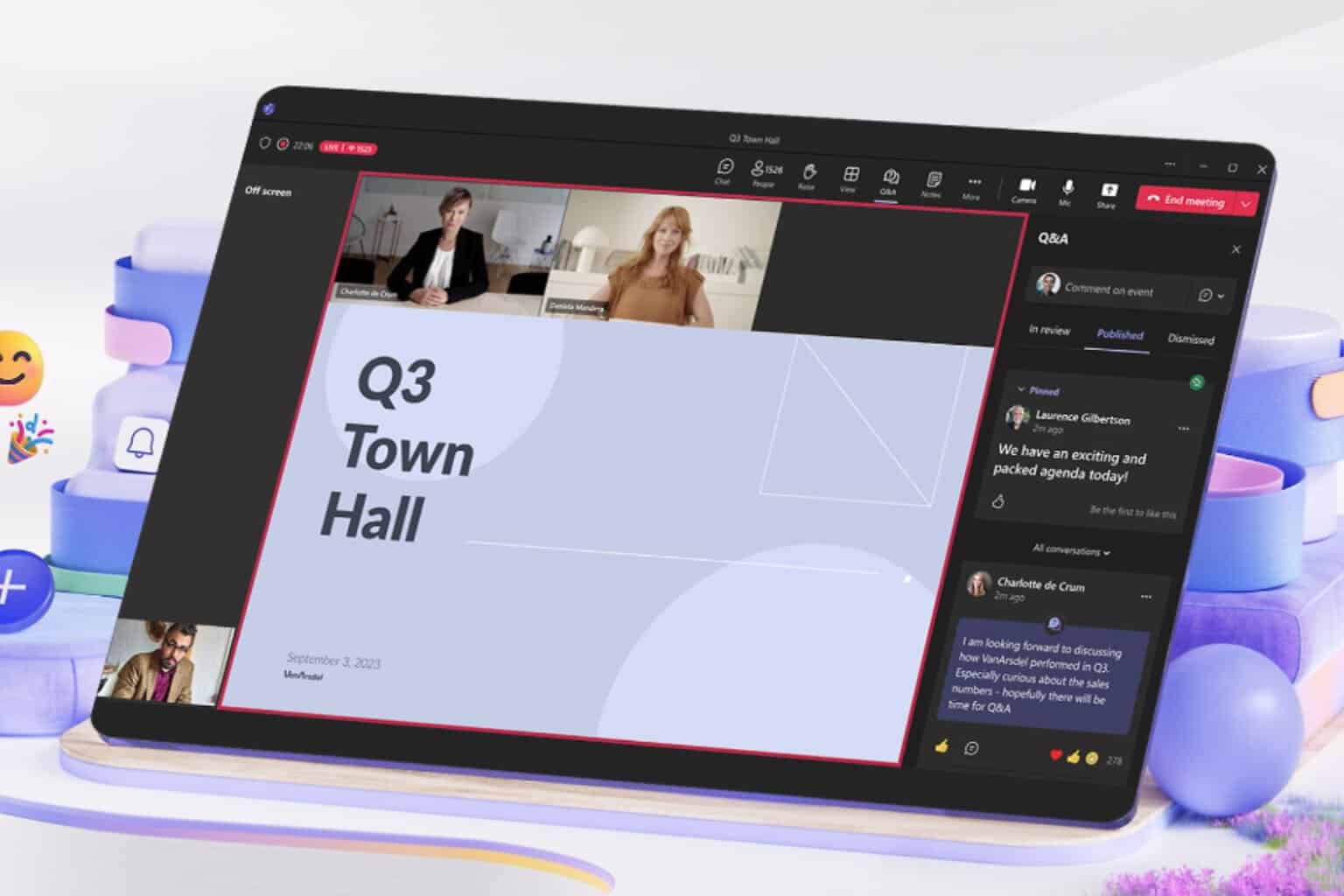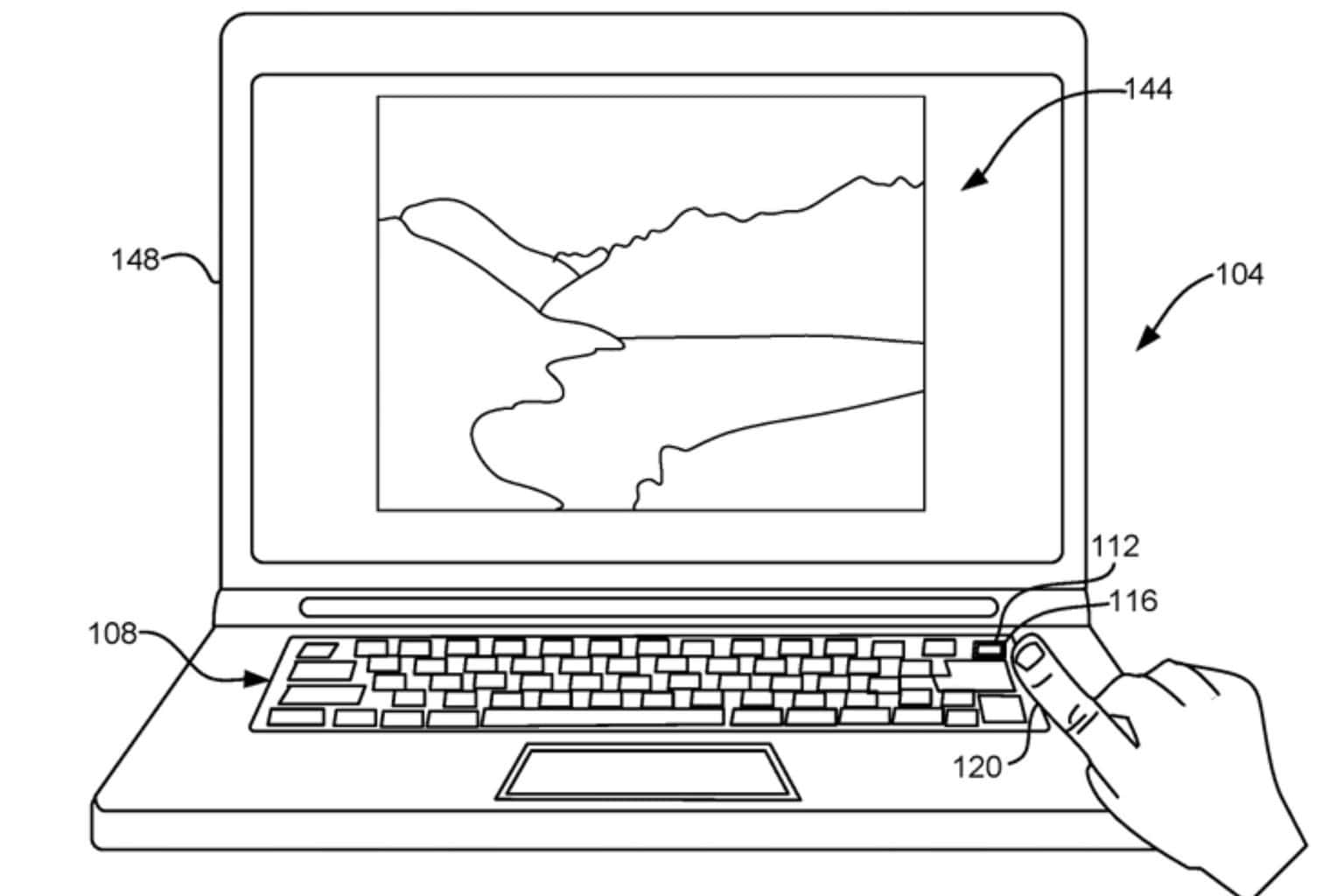Windows on ARM PCs will change our perspective on Microsoft devices
The new Windows on ARM devices will rival Apple Silicon
2 min. read
Published on
Read our disclosure page to find out how can you help Windows Report sustain the editorial team. Read more

The future Windows PCs will have an ARM-powered processor and AI capabilities. According to Windows Central, the new devices will enhance gaming performance, translate languages in real-time, improve your webcam capabilities, and generate text and images.
Arm-based PCs are great for those of us who work long hours. They are AI-compatible, have a long battery life, are power-efficient, and don’t affect your performance. So, you might be able to say goodbye to the power-saving mode that makes everything slow.
Windows on ARM PCs will rival their Apple Silicon counterparts
According to The Verge, the upcoming Windows on ARM PCs are referred internally to as CADMUS PCs, and they will most likely rival Apple Silicon devices. After all, they are better at AI acceleration and have faster app emulation.
You can already use Spotify, Chrome, and Photoshop with your Windows on ARM PC. Also, you should expect DaVinci Resolve, WhatsApp, and some apps from Adobe to become available soon. Fortunately, older Windows on ARM devices will also benefit from the newer version of the apps.
Surface Pro 10 and Surface Laptop 6 are part of the project CADMUS, and they will have Snapdragon X Elite processors, which are supposedly better than the M3 MacBook Air at CPU tasks. In addition, the Surface Pro 10 comes with an OLED display, and the Surface Laptop 6 has a haptic trackpad.
In addition, the customer-based Windows on ARM PCs will only feature Qualcomm processors. On top of that, the Snapdragon X Elite processors are better than Apple’s M2 processor and Intel Core Ultra 7 chips, based on the benchmarks.
The new Windows on ARM devices will know what you’re doing. They will have an AI explorer app capable of retrieving anything you’ve seen or done on your device. Hopefully, we can uninstall or prevent it from running on our devices because this feature sounds intrusive.
Ultimately, Windows Arm-based PCs will certainly bring AI closer to us. So, if you want to buy an AI PC, the CADMUS devices could be a future-proof option. However, the Build 2024 conference is just around the corner, and we should wait to hear more about the Windows Arm-based PCs.
Are you going to get an Arm-based PC? Let us know in the comments.








User forum
0 messages